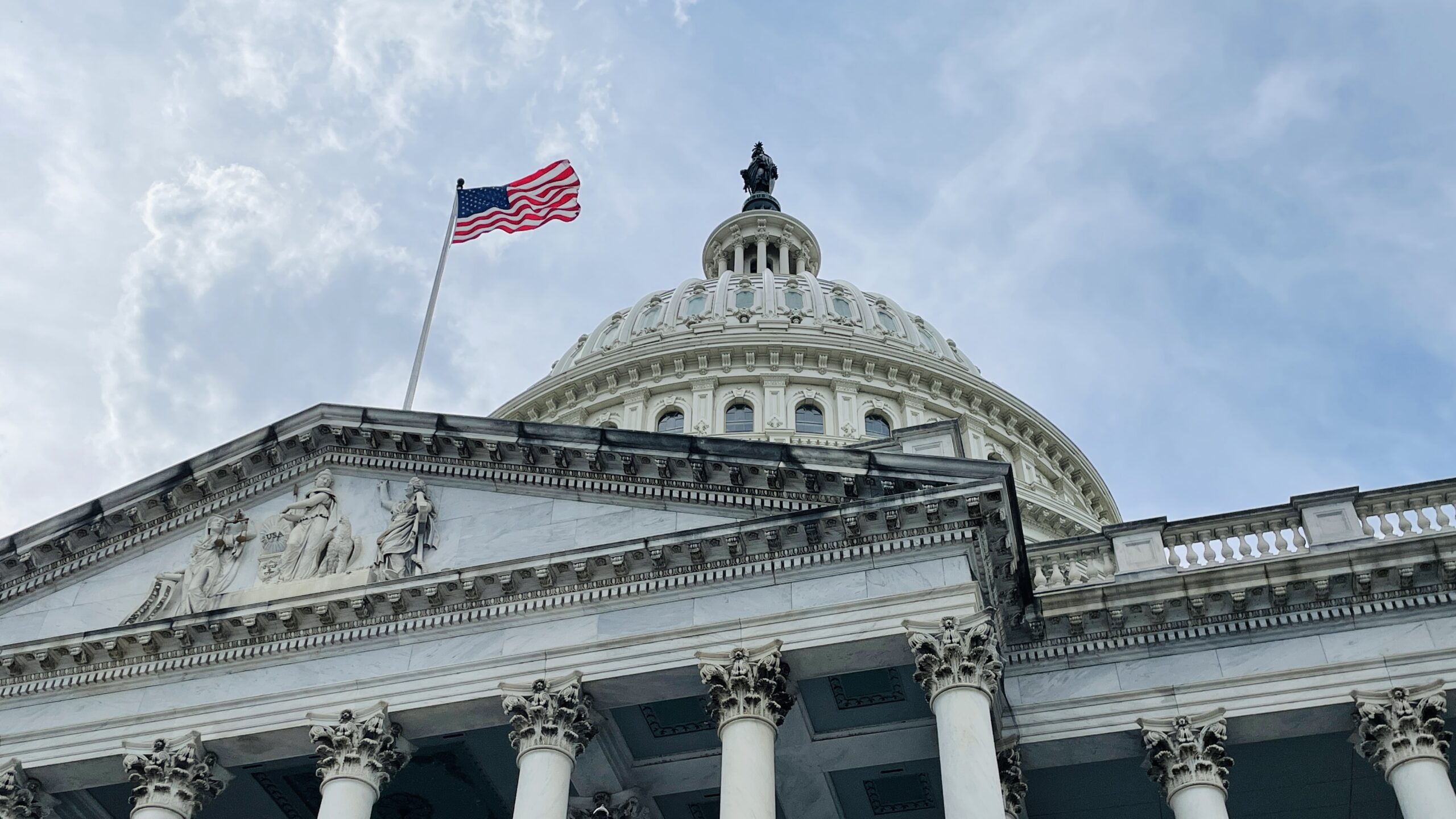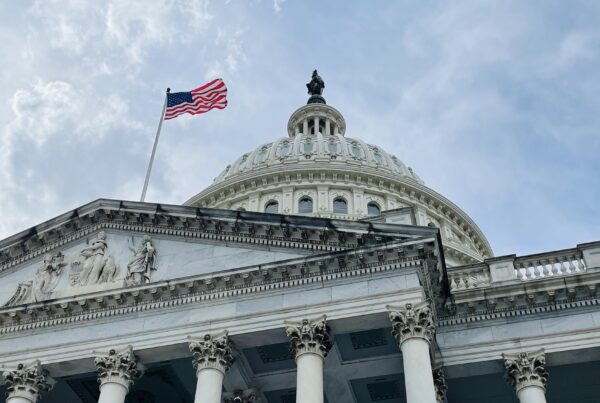The Senate has released its version of the tax legislative package, and among the key business provisions is a major update to Section 174. If enacted, the proposal would not only restore immediate expensing for domestic R&D costs but also offer retroactive relief for amounts capitalized under current law.
The Senate proposal includes the following changes:
- Restores immediate expensing for domestic Section 174 R&D costs beginning in tax years after December 31, 2024
- Makes the immediate expensing rule permanent (no sunset)
- Maintains the 15-year amortization requirement for foreign research expenditures
- Provides catch-up relief for costs capitalized in tax years beginning after December 31, 2021, and before January 1, 2025, with different treatment for large and small businesses
Large Businesses
- Any remaining unamortized domestic R&D costs from tax years starting after 2021 and before 2025 may be deducted either:
- All at once in the first year beginning after December 31, 2024, or
- Evenly over two years, starting with that tax year
- This treatment is available via an automatic accounting method change (no amended returns or special election required)
Small Businesses (Businesses that average annual gross receipts of $31 million or less, averaged over the three preceding tax years)
- These taxpayers have more flexibility:
- Amend prior returns for 2022–2024 to retroactively deduct domestic R&D costs
- An election must be made within one year of the bill’s enactment
- Alternatively, apply the same treatment as large businesses
- Amend prior returns for 2022–2024 to retroactively deduct domestic R&D costs
If you qualify as a small business and have not yet filed your 2024 tax return, consider waiting until the legislation is finalized (assuming this occurs prior to the extended due date). If this provision is enacted as written, filing after enactment may allow you to take advantage of the new rules without having to file an amended return for 2024.
Unlike the House version, which would restore expensing only through 2029 and offer no retroactive relief, the Senate proposal allows taxpayers to recover capitalized expenses from earlier years, such a favorable option that could significantly ease compliance.
We’re tracking these developments closely and will continue to provide updates as the legislative process unfolds. If you have any questions or require further information, please get in touch with your WG advisor.





